Graham Reid | | 4 min read
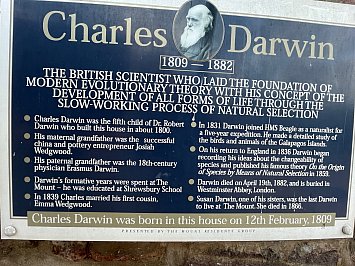
The birthplace of Charles Darwin was the large family home above the important and historic market town of Shrewsbury in Shropshire on the River Severn.
And for strange personal reasons I always wanted to see it.
When I went to university I had a very clear career in mind. I would be a marine biologist.
Inspired by Jacques Cousteau's television series where he sailed around under blue skies on his yacht Calypso and swam with exotic marine life, I knew this was a job for me.
That fact I was a hormonal 17-year old and handsome Jacques seemed to be surrounded by gorgeous women in bathing suits didn't go unnoticed either.
So I went to the University of Auckland and – on the advice a fast-walking professor who seemed intent on getting away from me -- I enrolled in a basic science degree: Botany, Zoology and Chemistry.
And so my life of swimming, sailing and, yes, sex would begin.
Unfortunately I had only done basic science at school – I'd done well in English and History – so on the first day in Chemistry I was bewildered. I had no idea there were two kinds of Chemistry – organic and inorganic if you also don't know – and I still don't know the difference.
After two years I was kicked out for “failure to make satisfactory progress”.
I had passed Zoology, failed Chemistry twice (the second time by more than the first) and was allowed a D Restricted pass in Botany which meant a pass but I should never darken their door again.
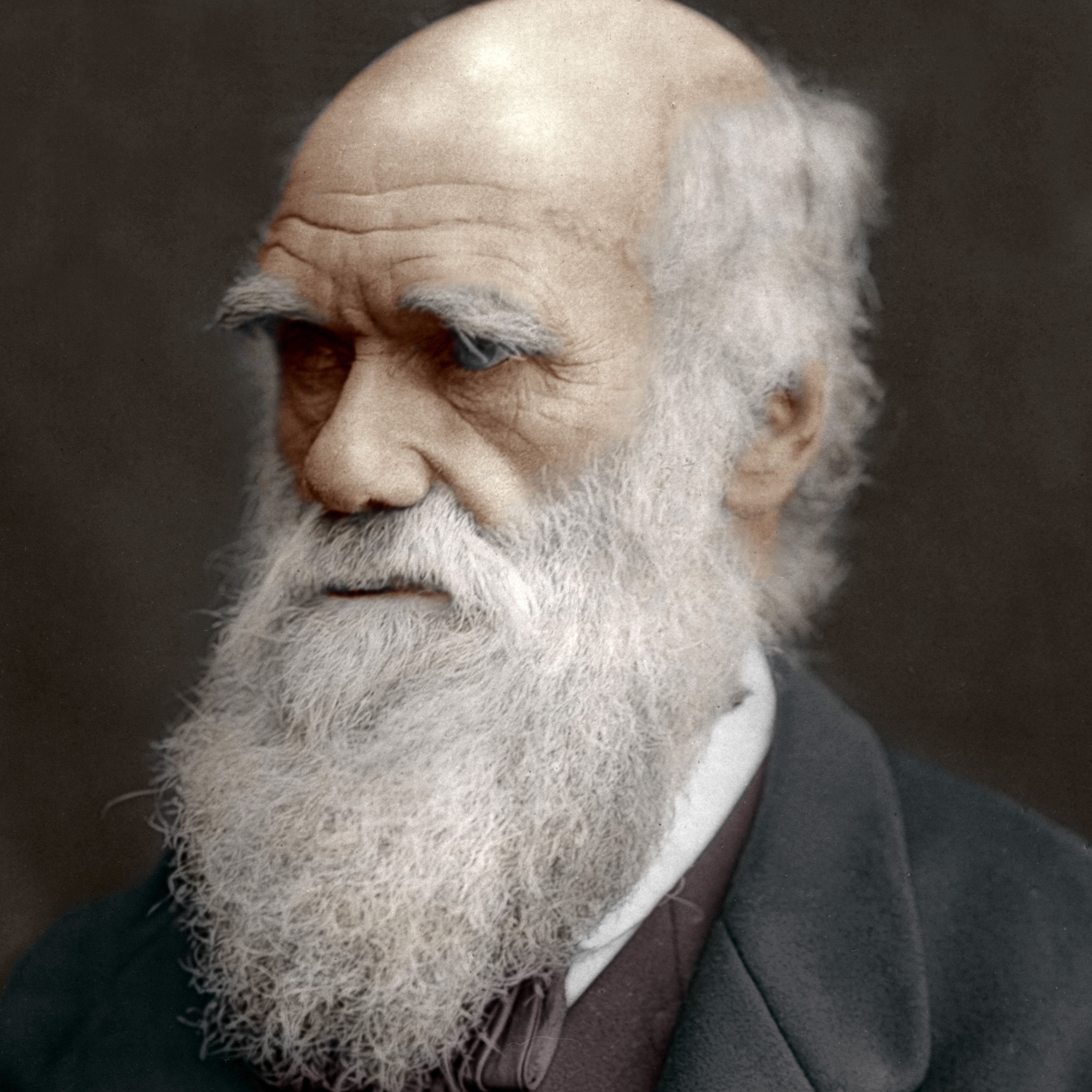 Subsequently I would return and fly through my natural inclinations: English, Art History, Italian, Italian Film and Literature and Chinese Philosophy.
Subsequently I would return and fly through my natural inclinations: English, Art History, Italian, Italian Film and Literature and Chinese Philosophy.
But one thing in science resonated: the life and research of Charles Darwin, the reluctant revolutionary whose On The Origin of Species published in 1859 advanced the primacy of Man and Science over God and Belief.
As much as Galileo's work reconfigured our understanding of the universe and our place in it, Darwin's forced a rethink of who we are and how we got here: Man and animals and plants alike.
Darwin's writings on natural selection – he didn't use the term “evolution” in the first edition of his book – did more than just question the existence of God as the grand architect, but effectively denied it. Because of him, and others of course, now Nature was all.
It seems strange that the scientific facts before us are often still referred to as “the theory of evolution”.
Darwin's early life was fascinating: growing up in Shrewsbury; schooling there then at Edinburgh and Cambridge universities; all those travels on the HMS Beagle as the gentleman companion to commander Robert Fitzroy who was highly religious and just four years the 22-year old Darwin's senior.
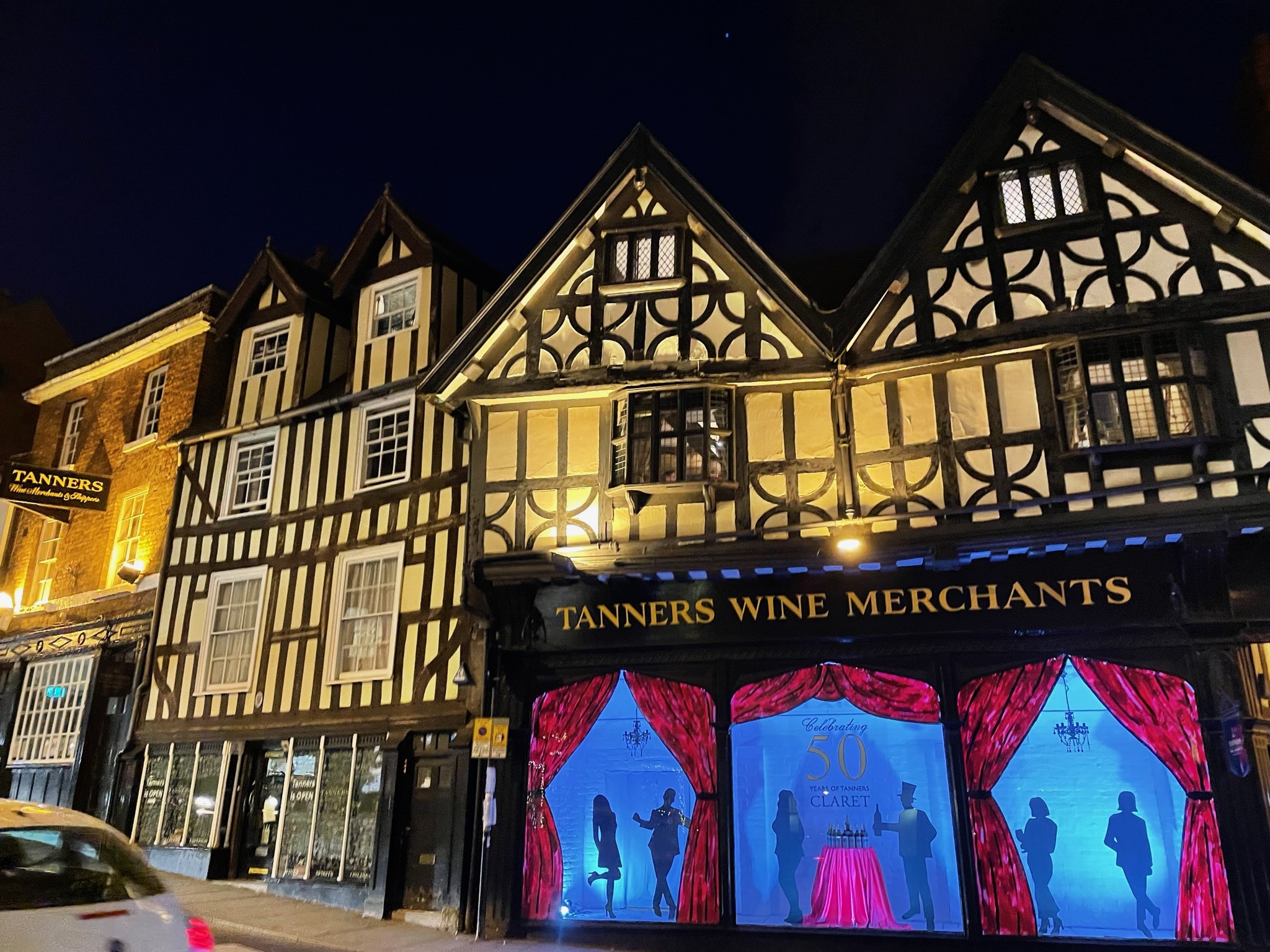 But while Fitzroy advanced his religious views over dinners, the young Darwin bit his tongue because he was seeing evidence of something different in the natural world which cast doubt on such faith.
But while Fitzroy advanced his religious views over dinners, the young Darwin bit his tongue because he was seeing evidence of something different in the natural world which cast doubt on such faith.
We picture Darwin as a bookish, middle-aged or old man with a long beard. However in his youth he was considered a time-waster, fond of drinking and shooting, but also intellectually curious.
When in Shrewsbury – fascinating in itself for the Tudor houses, churches, bridges and river walks – we stayed at a small and comfortable private hotel, Darwin's Townhouse.
It was filled with Darwinia, eccentric art and sculpture, old maps, drawings of animals and so on.
It was very comfortable (no-pressure shower though as is common in old buildings in Britain) with a lovely dining room overlooking the garden and the other rooms in an annex, and with a comfortable sitting room where we could chat with other guests after dinner.
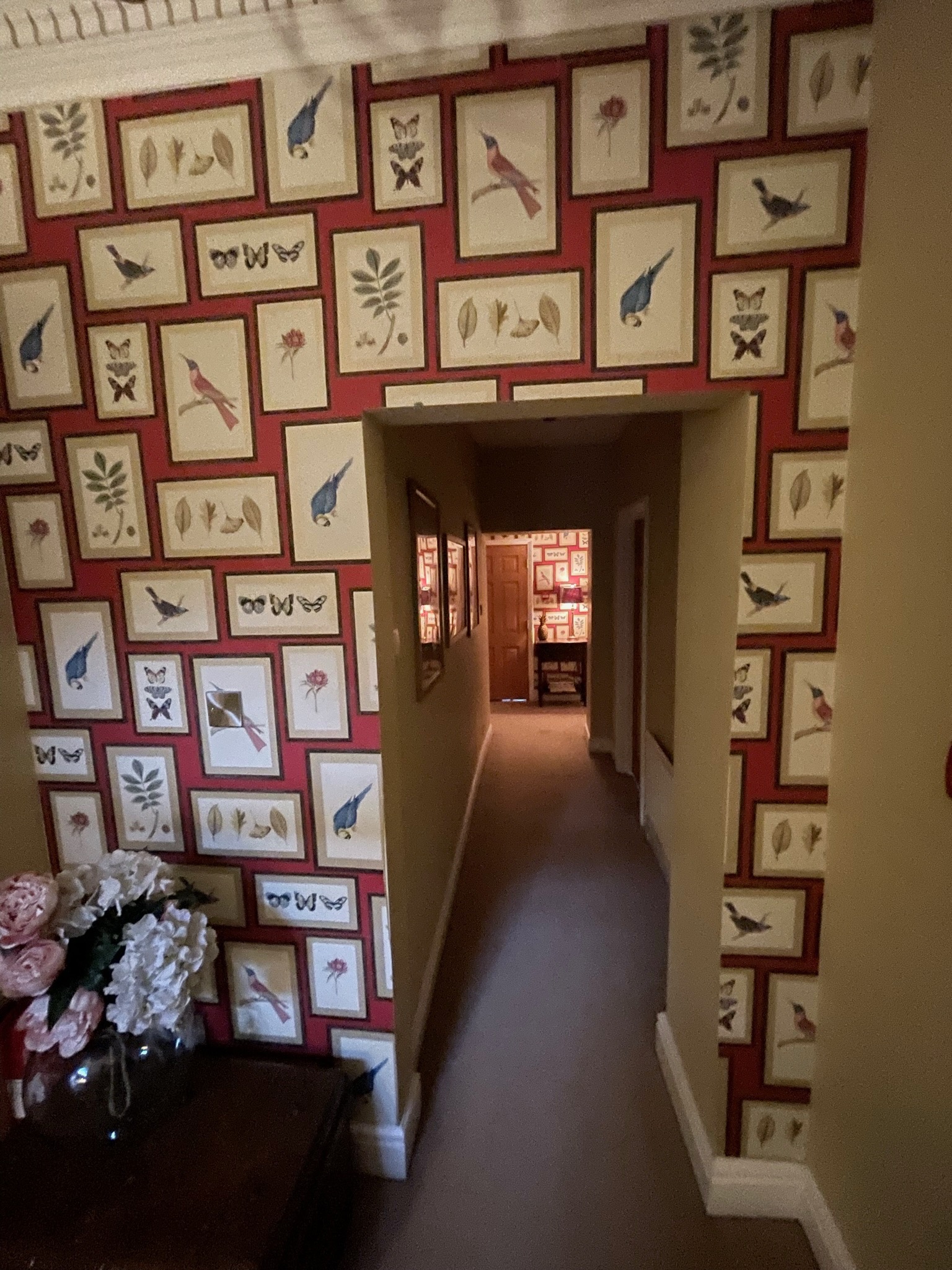 The people running it were helpful and friendly, the breakfast excellent in the dining room and the whole experience was a real delight. The odd skeletons and sculpture in alcoves up the spiral staircase were hilarious.
The people running it were helpful and friendly, the breakfast excellent in the dining room and the whole experience was a real delight. The odd skeletons and sculpture in alcoves up the spiral staircase were hilarious.
However Darwin's Townhouse had nothing to do with Darwin beyond the décor.
He never stayed here, perhaps never even clapped eyes on it.
He also didn't see the new Darwin Centre, the central shopping mall, or the other places in the town centre bearing his name.
There is however an excellent and very old pub-cum-restaurant The Golden Cross which the young Darwin may have frequented.
But it was his birthplace The Mount just out of town we wanted to see.
And finally, after being lead astray by Google maps and put on track by a guy in the petrol station we found it, up off the main road and undergoing renovation.
 We had heard this, that The Mount had been bought a local businessman for nearly a million pounds in 2021 (a bargain, I'd say, it's huge) and he was restoring it to its former Georgian glory.
We had heard this, that The Mount had been bought a local businessman for nearly a million pounds in 2021 (a bargain, I'd say, it's huge) and he was restoring it to its former Georgian glory.
So we arrived and walked to the impressive front only to be told by a kindly woman that it was private property. She let us take photos when I explained where we were from – I didn't mention failing science at uni – and that was it.
We had skirmished with the great Charles Darwin and had at least seen what we came to see, albeit briefly.
I don't mind.
Now that I know where it is we can go back when it opens in late 2023.
Maybe after a beard-trim at Darwin's Barbers and picking up something at the Darwin's Sandwich Evolution in town, perhaps?
.
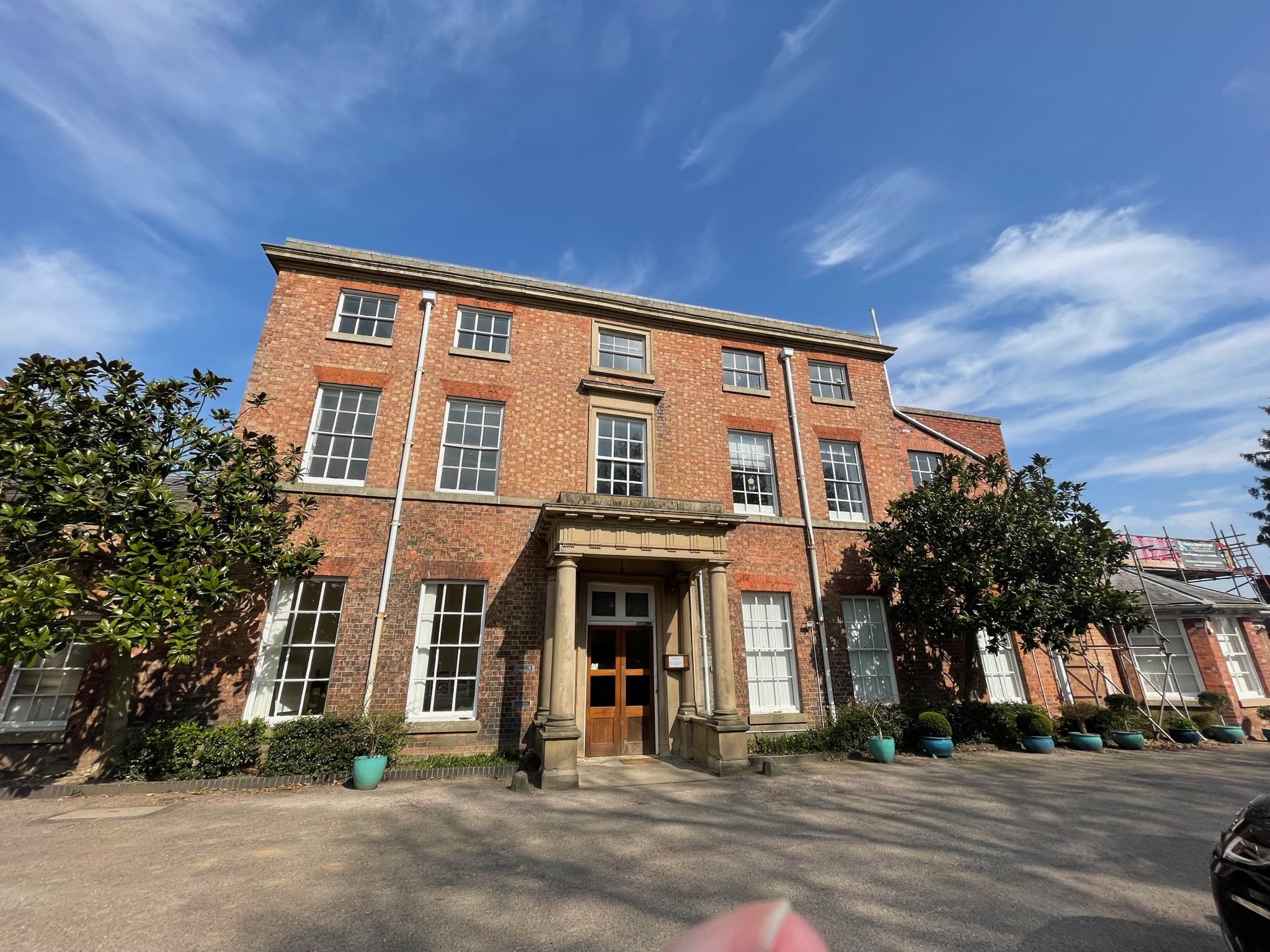

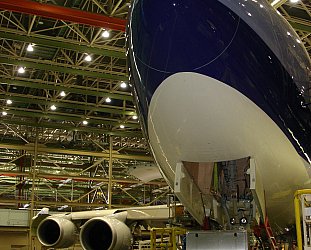
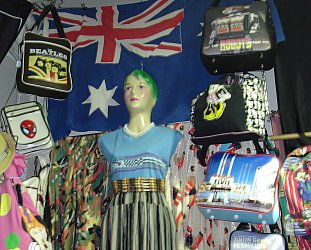
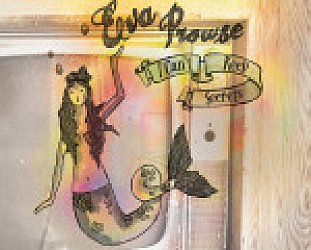
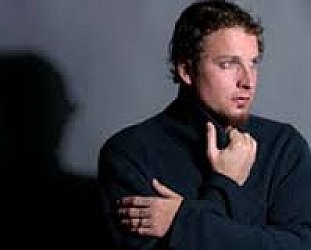
Rik Roper - May 7, 2022
Do you remember the names of any of your chemistry lecturers/professors, or is it too traumatic?! There's a good chance my dad was one of them...but that doesn't mean I have the first clue about chemistry either!
Savepost a comment